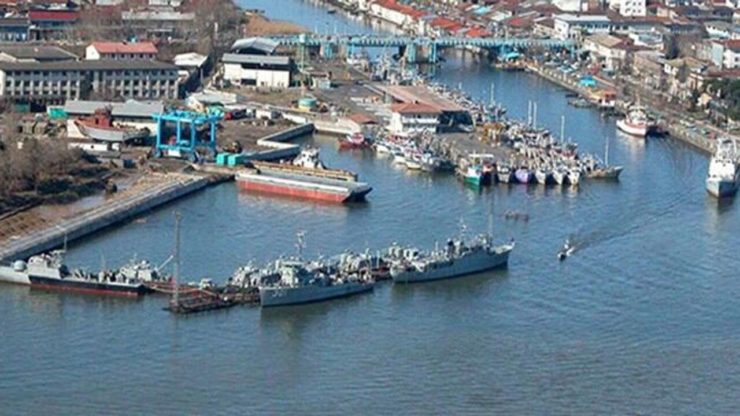
Relations between India and Iran have been influenced by the US for a long time. Iran is perceived as the greatest threat to Western interests in the Middle East. The United States’ regional proxy, Israel, also considers Iran its greatest enemy in the region. Therefore, Iran has been victimized by the United States and its liberal institutions through economic sanctions. This not only impinged the country’s economy but also proved detrimental to its relations with other countries of the world. Iran’s BRICS membership has further infuriated the Western bloc. Moreover, Iran’s recent counterstrikes on Israel and its support for Hamas, Hezbollah, and the Houthis also increase the Western hatred against it.
India, on the other hand, is following a prudent foreign policy. Due to the historical US policy of betraying its allies after achieving its geostrategic issues, India is taking a balanced approach between the US and the rising Eastern nations. For the United States, a friendly and cordial India is imperative to counter the rapid rise of China. The United States is increasing its strategic partnership with India. India is part of the QUAD. The United States’ military and arms exports to India are increasing. India’s arms buying from the US increased from $8 billion in 2013 to $20 billion in the year 2020. The United States seeks to increase cooperation with India in multiple sectors. However, until now, India has been balancing between all the global and regional powers to achieve its own interests.
In pursuit of this policy, India has recently signed a 10-year agreement with Iran to develop and operate the Chabahar port. The agreement was signed between India Port Global Limited (IPGL) and Iran’s Port and Maritime Organization (IPO). Chabahar will be the first ever foreign port operated by India. This agreement holds the potential to provide multiple benefits to India. It will improve India’s relations with the Middle Eastern country. Moreover, this port has opened novel trade venues for India and a supply chain resilience for the entire region. It will also provide India an opportunity to approach European, Central Asian, and Russian markets. Russia and India enjoy historical cordial relations. Russia has been the largest supplier of arms and weapons to India. Recently, Russia sent the first-ever Agroexpress train, containing oat flakes and cereals, to India. Russia and Iran have already signed a $1.7 billion agreement to build a railway track, under the International North-South Transport Corridor (INSTC) that will connect Russia, and Azerbaijan to Iran.
Therefore, India’s agreement with Iran to develop and operate the Chabahar port will play a significant role in bolstering the former’s relations and cooperation with Central Asia, Afghanistan, and Russia. This agreement also provides India significant leverage over Pakistan. India can now avoid Pakistan’s Gwadar port and reach the Central Asian markets directly. Under this agreement signed between the IPGL and IPO, India is also assured to invest $120 million in the Chabahar port. Moreover, a $250 million loan has also been offered by India for strengthening the infrastructure of the Iranian port. This makes the collective Indian investment in Iran, under this agreement, to be $370 million. India first took control of the Chabahar port’s operations by the end of 2018 for a period of two years, which was extendable. However, this agreement had continuously been marred by the US sanctions.
After this new 10-year Chabahar port agreement, the United States has cautioned India of sanctions. The United States is hostile to any partnership and deal with Iran. After the visit of Iranian President Ebrahim Raisi to Pakistan, the latter announced the start of progress on the Iran-Pakistan gas pipeline to avoid an $18 billion fine. However, the United States strictly warned Pakistan of sanctions. The US is continuously attempting to foil all sorts of relations by countries with Iran by threatening economic sanctions. Responding to a question by the news reports, Indian Foreign Minister S. Jaishankar stated, “I think it’s a question of communicating, convincing and getting people to understand that this is actually for everyone’s benefit. I don’t think people should take a narrow view of it.” He further maintained that the United States had also been appreciative of the larger relevance of the Chabahar port.
Currently, the Indian government, under no circumstances, can withdraw from this agreement due to the ongoing general elections in India. The incumbent BJP government needs to demonstrate itself as a strong force on the international stage. By staying committed to this agreement, it can show domestically that India is an international power that can help the BJP win the general elections. However, in the long run, it will be a Herculean task for the Indian government to fulfill this agreement due to the US sanctions. Nonetheless, India can also leverage its geostrategic significance for the United States to bypass economic sanctions and pursue this agreement.
Taut Bataut – is a researcher and writer that publishes on South Asian geopolitics, exclusively for the online magazine “New Eastern Outlook”.
